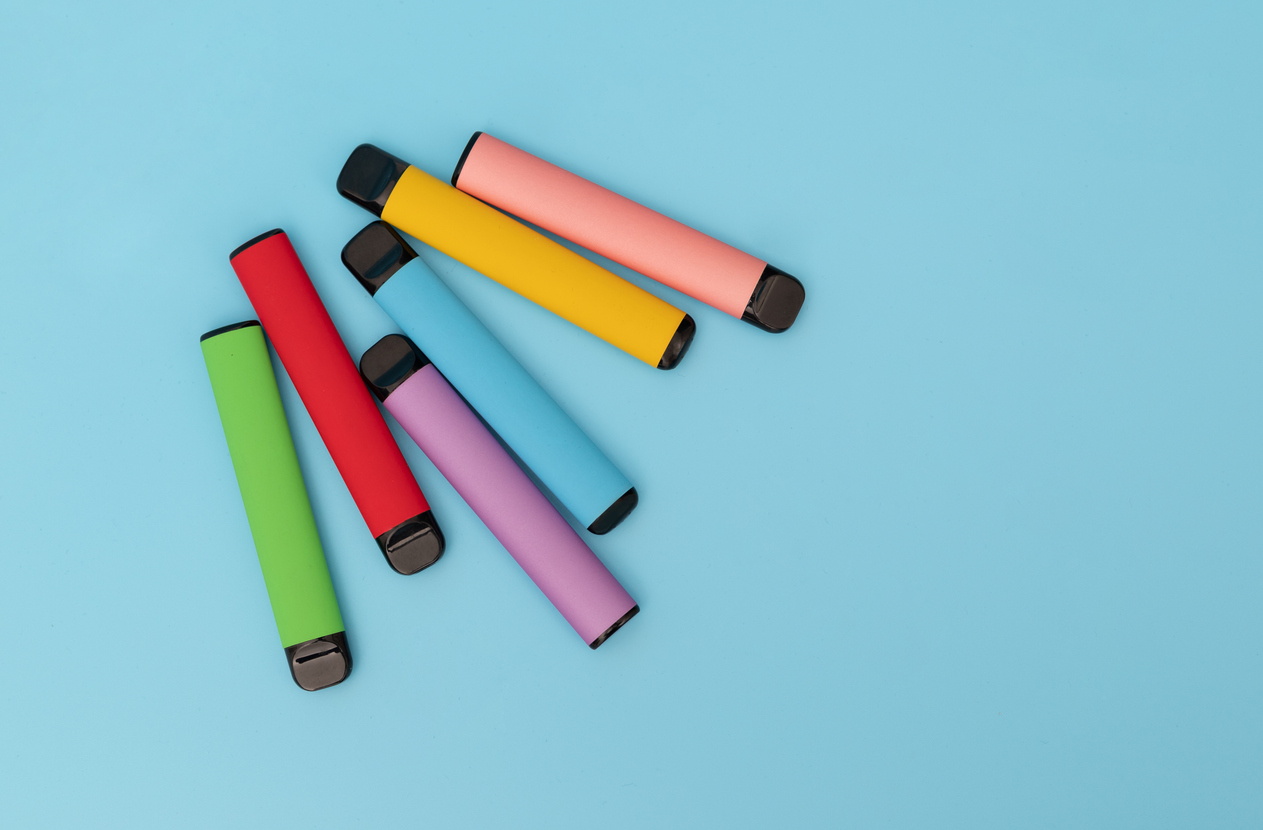Cancer charity warns about unintended consequences of vaping restrictions
June 27, 2023

With concerns growing over a rise in young people experimenting with vaping and the environmental impact of disposable vapes, an independent cancer charity has warned that tighter restrictions on vaping could have unintended consequences.
Yorkshire Cancer Research said it believes vaping has an important role to play in helping people stop smoking in Yorkshire, where tobacco smoking causes over 4,500 cases of cancer every year, and the rest of the country.
“Vapes are already one of the most popular stop-smoking aids, and there are an estimated 4,600 additional quitters each year in Yorkshire because of them,” the charity said in a statement.
A Yorkshire Cancer Research funded programme in Kirklees, which offered vaping kits alongside behavioural support to people who smoke, found that people who used a vaping product were 30 per cent more likely to quit smoking at four weeks when compared to people using other forms of nicotine replacement.
Vaping allows the inhalation of nicotine, the addictive component of cigarettes, through vapour rather than smoke. Vaping products do not burn tobacco, making them significantly less harmful to health.
“However, vaping has a negative reputation. The concerns about the rise of vaping among young people, and the environmental impact of disposable vapes, are leading to calls for blanket bans on some products,” the statement noted, adding that: “It’s important that these issues are addressed, but any measures to curb vaping need to be implemented cautiously. Vaping has the potential to help thousands of people in our region quit smoking – and save lives. New restrictions on vaping must not become a barrier to helping people quit smoking.”
The charity clarified that they don’t want anyone, including young people, to start vaping if they do not smoke. However, while blanket bans may reduce the environmental impact from disposable vapes and prevalence of youth vaping, they may also have unintended negative consequences, they added.
“Disposable vapes can be more accessible to certain groups of people, helping to ensure that everyone has access to vaping as a stop smoking aid,” the charity said.
“Because they are cheap, disposable vaping products are useful for people on low incomes, or homeless people who can’t often recharge standard vaping pens. In addition, because disposable vapes are more difficult to dismantle or tamper with, they are useful stop-smoking aids in institutions such as prisons and inpatient mental health services.”
The charity called for more investment in stop-smoking services to ensure that behavioural support to stop smoking is offered alongside vaping starter packs and a comprehensive public health campaign to dispel myths around vaping and provide reliable information for people who want to use them to stop smoking.
The charity’s other demands include a ‘Challenge 25’ approach to all tobacco and vaping products (like alcohol), placing vaping products ‘behind the counter’, and introducing a licensing system for retailers who sell vaping products.
It also called for vaping products to be labelled as stop-smoking devices, with a prominent and mandatory statement to that effect included on the packaging, with restrictions that prevent this being lifted.
